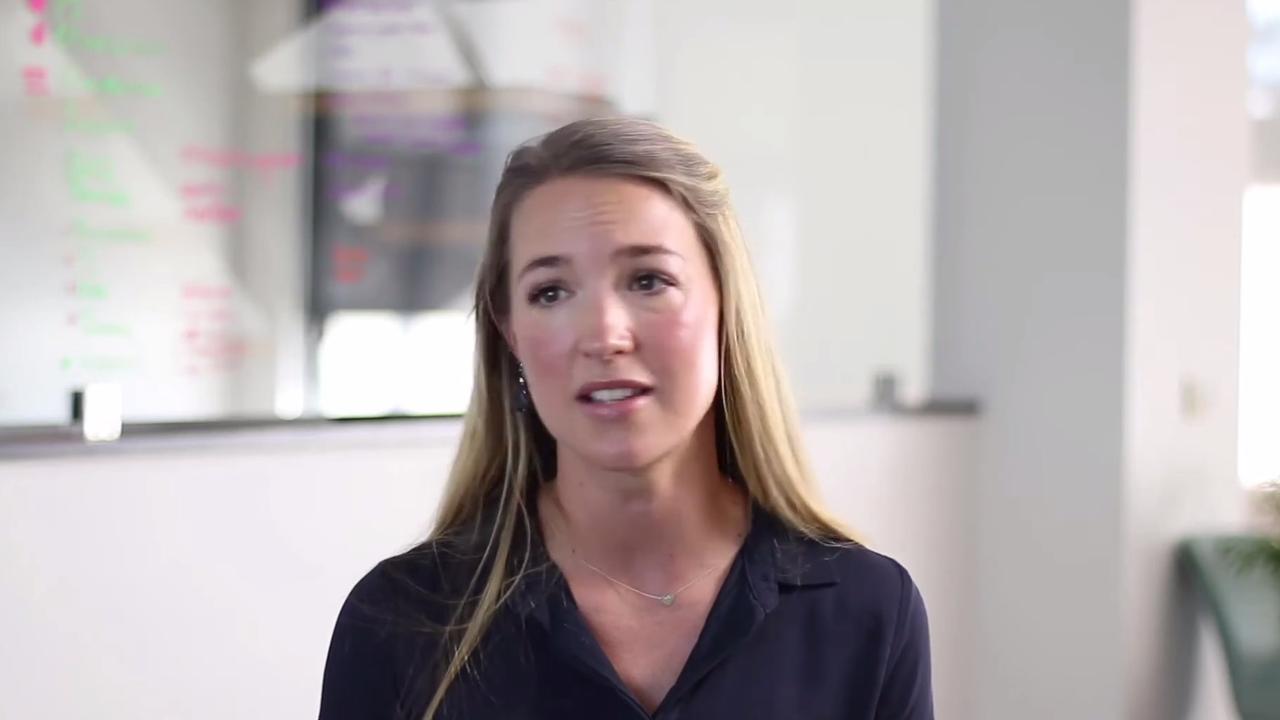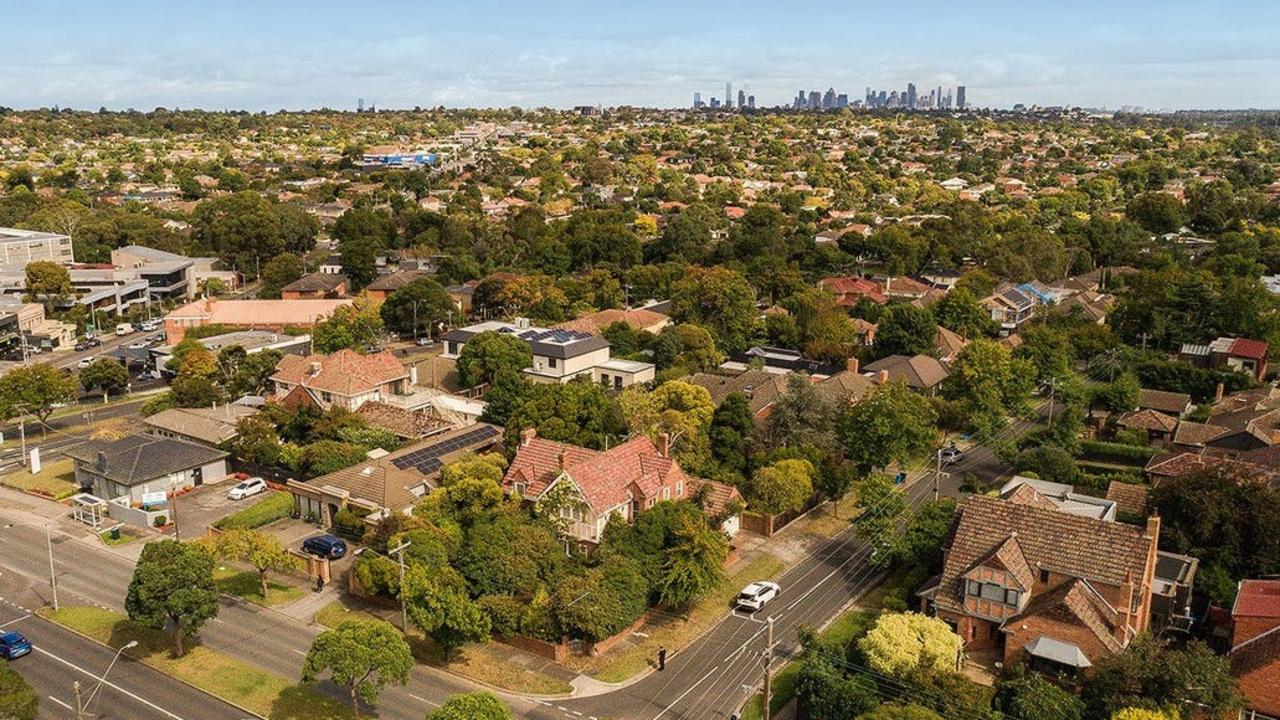Internet roasts article about ‘typical landlord’ with property in $2.7 million suburb
A newspaper article profiling a “typical landlord” who rents while also owning a home in a multimillion-dollar suburb has been roasted online.
A newspaper article profiling a “typical landlord” who rents while also owning a home in a multimillion-dollar suburb has been roasted online.
On Monday, The Age published an article headlined “Fiona Martin is a typical landlord – but she’s not what you expect”, which described how the real estate professional and her children live in a “rented home that she can’t afford to buy” but that “luckily, her rent is subsidised” by her “modest investment property”.
“Martin, whose investment property is in Kew, Melbourne, works as a real estate vendor advocate, helping people sell property all over Victoria,” the article said.
“But many of her clients are now selling their investment properties because they are no longer financially worthwhile due to rising interest rates and the time it takes to manage them is ‘just a pain’.”
Many online quickly pointed out that Kew is one of Melbourne’s most expensive suburbs.
According to CoreLogic, the median property value in Kew is $2.72 million, with prices having risen nearly 12 per cent over the past five years.
The median asking rent in Kew is $900 per week.
“There’s an assumption that landlords are bad and tenants deserve more because they’re poorer, because they can’t afford to buy,” Ms Martin told the newspaper. “But the majority of landlords have single investment properties and they’re families.”

The article drew on data from sources including the Australian Taxation Office and Australian Bureau of Statistics to paint a more nuanced picture of the country’s renters and landlords.
But one Twitter user drew attention to the fact that Ms Martin also sits on the committee of the Australian Landlords Association.
“With a strong passion for property and people’s experiences as property owners, she is on the committee to see some big changes in representing landlords where they haven’t previously had a voice,” her bio reads.
Oh @theage, you mean this Fiona Martin? pic.twitter.com/sXYyAUrjvk
— RonniSalt (@RonniSalt) July 16, 2023
The Age has since updated the article and added a clarification note reading, “An earlier version of this story did not mention that Fiona Martin is a member of the Australian Landlords Association committee.”
Ms Martin has been contacted for comment.

Meanwhile, the analysis – which points out that “since 1994, most Australian landlords have lost money on their rental properties with an average landlord typically losing between $7000 and $14,500 a year” – was criticised for heavily relying on taxable income data.
“As most people know, this is the final amount one is taxed on AFTER all deductions that can be made to reduce gross income, are made,” one Twitter user wrote.
“So, ‘taxable income’ is not a true indication of income earned.”
Another agreed, writing, “This is a disturbing story. It straw-mans its assumptions … seems to be driven by an agenda of making landlords more cuddly, and skips over the bit about their ‘losses’ being taxpayer-funded in many cases.”
On The Age website, many users made similar comments.
“The term ‘taxable income’ is doing a lot of heavy lifting in this article,” one wrote.
Another said, “If the taxable incomes are net of investment property losses, then the statistics are fundamentally misleading because they suggest people on far more modest incomes are investing, as opposed to people reducing their taxable incomes to a more modest figure by deducting investment property losses.”
They added, “As for the 300,000 with investment properties earning a taxable income of less than $18,200, those people are either superannuants who pay no tax on income from super (but do pay tax on income from other investments) or youngsters living at home who have had financial assistance to purchase an investment property.”





